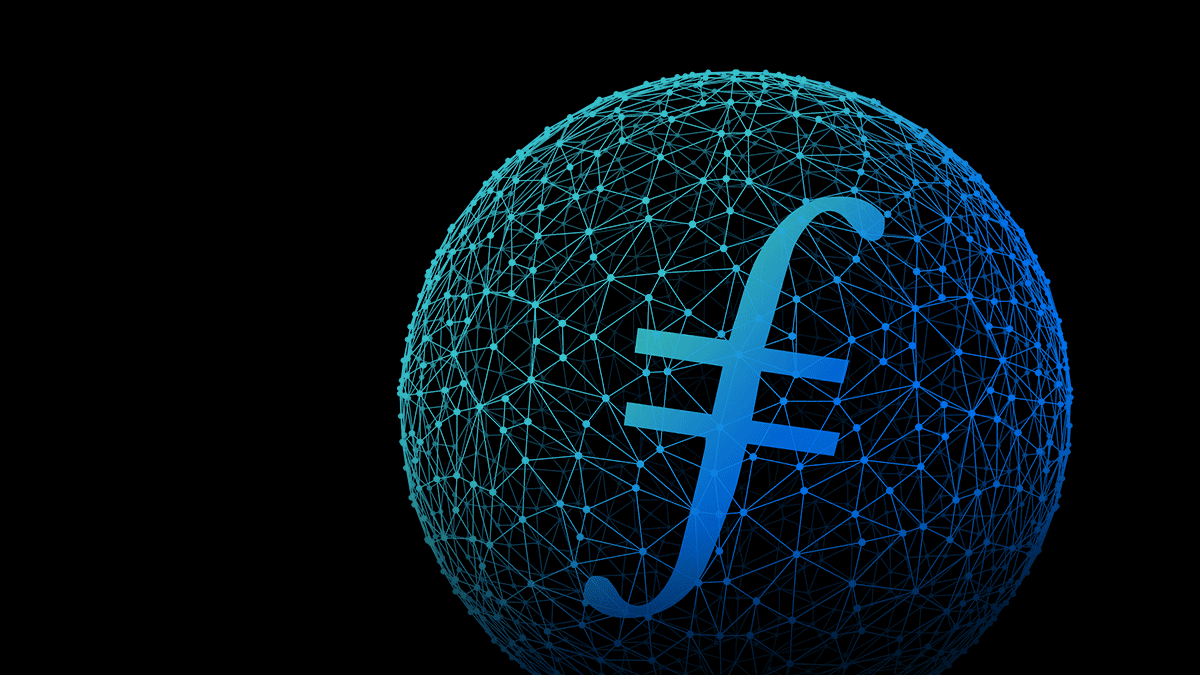The Future of Decentralized Social Media
This article is based on a panel discussion at HackFS in July on Decentralized Social Media featuring Juan Benet, Vitalik Buterin, and Balaji Srinivasan. Watch the full discussion.
The Idea Behind Decentralized Social Media
In the early stages of human development, humans looked for places to voice ideas. Civilizations such as ancient Greece and Rome built meeting places where learned minds could discuss their versions of truth and come to conclusions and consensus.
Today’s society has adopted the same name for those meeting places in the internet age — forums. Yet as the internet evolved, forums also evolved into the current form of social media.
Today’s users of Twitter, Facebook, Instagram, and TikTok are simply the modern iteration of the early 21st-century forum denizen, poring over subject matters and adding their comments to subject matters on which they wish to comment.
However, along with this increased usage came the massive, looming shadow of corporate oversight. How does the internet take back the forum from large corporate oligarchs? The answer starts with decentralized social media.
The Necessity for a Free Place for Discussion
Older societies like the Greeks and Romans managed to pass down their classical knowledge because it was pooled through discussion. Philosophers had discussions in forums, and that information would filter out to the rest of society. Without that freedom for discussion, the censorship of ideas could lead to considerable issues with people’s ability to perceive reality around them.
The compelling need for decentralized social media is based on the idea that people would be better off if they work together. Current media outlets prefer to drive people apart; conflict drives clicks, and clicks drive revenue.
Removing the Basis of Modern Media
Much of modern media exists as a means to an end. Social media is a perfect example. Companies like TikTok and YouTube allow content creators to build their own work and upload it to the site.
Piggybacking on that “good” content is advertising and algorithms that target it to prospective buyers. The system results in influencers making a fraction of the ad revenue that the company collects, despite being 100% responsible for the content.
Taking lessons from Web2 today, communities building a Web3 social media site should focus primarily on the influencers themselves. The reasoning behind this is two-fold.
First, influencers control many eyes, and by guiding them to switch platforms, there’s likely to be a mass exodus of people who follow the influencer. This reality raises the second reason why influencers are such a great place to push for decentralized social media adoption — they’re human. Most celebrities who use social media don’t actually post on the platform but have a hired social media manager or a firm that manages their tweets or posts.
Small influencers usually don’t have the money to hire people to manage their accounts and do it themselves, so they might be drawn into a discussion about what they can expect from these social media platforms. However, while influencers themselves may be interested in the forum, the firms and media outlets that manage them would not be.
A Change in Reward Criteria
So how would people be rewarded in a social media system like this? For social media to have any positive impact, those actions need to be rewarded. One of the ways that this could happen is through retroactive public funding. In this funding model, certificates of impact are created retroactively.
A certificate of impact says that a particular individual is responsible for a specific addition or change to the network. Let’s say, for example, a person created a particularly viral meme template format. Based on the widespread usage of this meme template, the creator could be rewarded for it. Their addition to the network would be recognized via the creation of a prize.
These prizes aren’t created in advance as a goal to strive towards, because they would shape the network rather than reward those who shaped the web on their own merit. This reward system is at odds with what is currently used on social media, and for a reason.
Currently, social media seeks to divide and capitalize on polarization. This new and improved model looks to reward individuals for helping out the platform and the users. It’s an accurate value-based distribution of wealth based on one’s contribution to the development and spread of the network as a whole.
Changing the Value of Truth
Blockchains are unique. They relate a physical problem to an abstract concept. Thus, a mathematical equation that needs to be solved is transformed into a token that can be spent. This “value of truth” system is based on consensus.
In a blockchain network, you can’t have something considered as truth unless the chain agrees with it. Changes to “truth” to bend it one way or another don’t work, because the truth is tied to consensus on the blockchain. Taking a step back to social media, the last two years have shown how multiple versions of the truth can exist alongside each other, yet none of them may reflect reality.
A decentralized social media platform would aim to tie truth back to consensus. The best implementation of this system would be to take social media and link it back to something whose truth cannot be denied. This concept is difficult to realize, and as things change, the truth would have to evolve alongside it as we learn more about something. However, having a tangible link to truth can help define its value to the social media society.
The value of truth in a social media chain depends on what the community says it is. However, this introduces another issue — the problem of homogenous groups.
Groups and Fragmentation
Social media usually supports groups because they’re a helpful feature for keeping friends and contacts cataloged. Sometimes, groups form the basis of an entire social media site, such as Reddit.
On a crypto-first social media system, groups would be cryptographically moderated and geared towards goals. Instead of basing ideas around ideologies, as social media tends to do now, we would have groups geared towards changing how people understand different aspects.
Naturally, there will be polarization, but that polarization may be based on something more tangible than just someone’s political ideology as it is now. The way to overcome this polarization is the acknowledgment of expertise.
Certain groups among themselves would reach a consensus on what counts as the truth, and the other groups would defer to them, as they are the experts. There wouldn’t be much of a worry about whether someone is doing or saying something for monetary gain.
This setup would lead to fragmentation, but fragmentation isn’t always bad. A fragment of a group dedicated to a specific goal may push back against the prevailing wisdom and be acknowledged as having a point. The world’s default setting of “internet warfare” would change into something more resembling long-form debate.
For fragmentation to be good, the fragments themselves must create value. Within a group, a fragment might look at alternative approaches to achieving these goals. Fragmentation may lead to even more diversity of thought - the exact opposite of what current social media tries to accomplish.
Looking At the Future
How far away are we from decentralized social media? Although it may be a while before the ecosystem sees something resembling true decentralized social media, it could make a difference in how much the new framework is used and bring about more adoption among the non-specialist.



